Urinary incontinence during pregnancy is a common condition that affects many women due to weakened pelvic muscles and increased pressure on the bladder. Women who are pregnant or have had a baby are at greater risk. The pelvic floor muscles that support the bladder, uterus, and bowel are weakened during pregnancy and childbirth, making it difficult to control urine, feces, or wind. The severity of incontinence may vary depending on Age and body mass index. It may continue after pregnancy and can develop later in life for some women.
Pelvic Floor Exercises (Kegels): To strengthen the pelvic muscles.
Bladder Training: It involves scheduling bathroom breaks and gradually increasing the time between them.
Dietary and lifestyle changes: Limiting caffeine & Alcohol intake and maintaining a healthy weight.
Wearing absorbent pads or using a urinary catheter in severe cases.
Discussing Urinary incontinence symptoms with your healthcare provider is crucial. At Rhea IVF & Women’s Hospital, we offer the best treatment options, monitor complications and advise a few lifestyle changes to help manage this condition.
